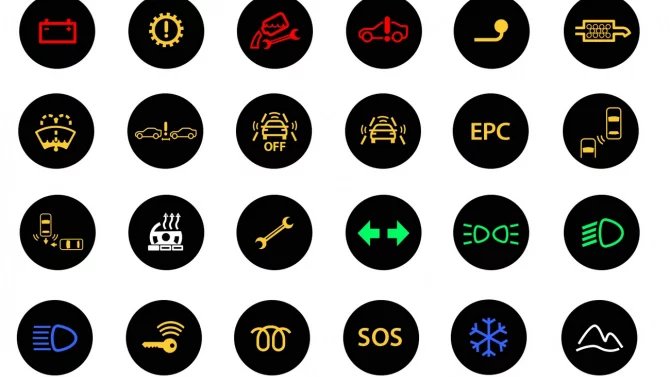...
By David Milliken and Marek Petrus
FRANKFURT/Czech central bank Governor Zdenek Tuma on Thursday criticised the rules that eastern European states must obey if they want to adopt the euro, calling the criteria out-dated and counter-productive.
In an article in the European edition of the Financial Times, Tuma said the rules had been designed for a smaller European Union when many currencies were effectively pegged to Germany's mark, and now needed to be changed.
"Back then, these rules might have been perfectly legitimate, but today they are outdated and counter-productive," he said.
The comments marked a sharpening of Tuma's long-standing opposition to the euro entry demands, particularly on inflation and currency stability, and reflect region-wide discontent with the rules, which also require fiscal austerity to curb state debt.
European Central Bank and EU Commission officials have shown no sympathy for rapid growth rates, lower incomes, higher inflation and tough budget challenges in east Europe, saying new members must meet the same criteria as the original countries.
Any loosening of entry rules to let east Europeans in has been repeatedly rejected by policymakers in both Frankfurt and Brussels, forcing most candidates to abandon their euro entry plans and not set new timetables, or delay target entry dates.
"Criticism of the Maastricht rules has been widespread across the region, and prominent academics have denounced them as making little sense for transition economies," said Silja Sepping, central European economist at Lehman Brothers.
"But once they have been set, the rules of the game will hardly be changed," she added.
'INCOMPATIBLE'
Tuma said membership of the ERM-2 currency regime, a prerequisite for adopting the euro, would make no sense for an inflation-targeting central bank such as his own.
In ERM-2, countries wanting to join the euro zone must keep their currencies within 15 percent either side of a central parity rate against the euro.
"The step is simply counter-productive. It implies switching from a regime that is perfectly compatible with the European Central Bank framework to a semi-fixed exchange rate, which is incompatible," he said.
The Czechs, Poles and others want to avoid spending more than the required two years within the ERM-2, as the regime could create confusion by giving the central bank another target to add to its inflation goal.
"You simply can't target inflation and the exchange rate at the same time," said Lehman's Sepping.
Analysts said Slovakia, an ERM-2 member since late 2005, was a good example of the dilemma a small economy very open to foreign trade flows could face when it is forced to slash inflation and keep its currency stable at the same time.
The Slovak crown was the fastest rising currency in central Europe last year, nearing the strong end of the ERM-2's band on investor optimism over the country's growth and euro prospects.
The central bank has attempted to halt its potentially export-crippling rise by currency intervention and flooding the market with liquidity but analysts said it appeared reluctant to cut interest rates for fear of relaxing its grip on inflation.
[PRAGUE/Reuters/Finance.cz]




 Malý náklaďáček mnoha jmen: Škoda/Aero/Praga (A) 150 byla nedoceněným československým dříčem
Malý náklaďáček mnoha jmen: Škoda/Aero/Praga (A) 150 byla nedoceněným československým dříčem
 Řidička uvízla na železničním přejezdu, rychlík ji minul jen o kousek
Řidička uvízla na železničním přejezdu, rychlík ji minul jen o kousek
 Brzdná dráha delší až o deset metrů. Hlavně levné pneumatiky z východní Asie jsou pro řidiče rizikové
Brzdná dráha delší až o deset metrů. Hlavně levné pneumatiky z východní Asie jsou pro řidiče rizikové
 Test Renault Symbioz: S novým hybridem jezdí svižně a se spotřebou legendárního té-dé-íčka
Test Renault Symbioz: S novým hybridem jezdí svižně a se spotřebou legendárního té-dé-íčka
 Kdo nezvládne tento kvíz za plný počet, ten si dost možná auto zničí. Kontrolky jsou totiž základem komunikace mezi autem a řidičem
Kdo nezvládne tento kvíz za plný počet, ten si dost možná auto zničí. Kontrolky jsou totiž základem komunikace mezi autem a řidičem
